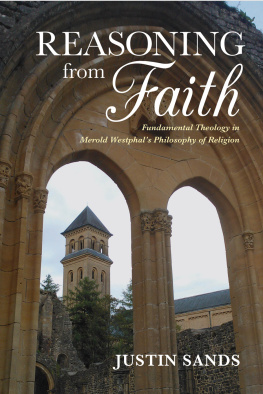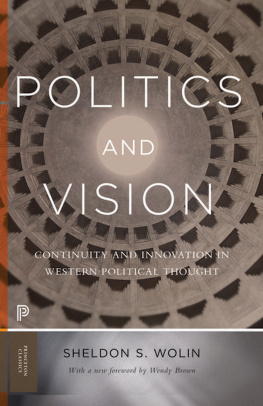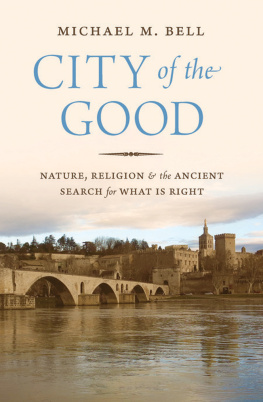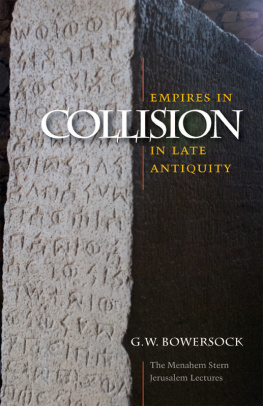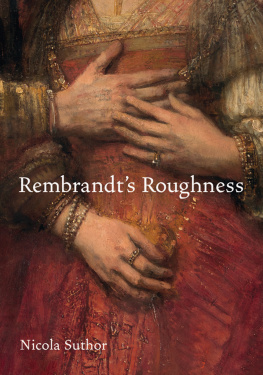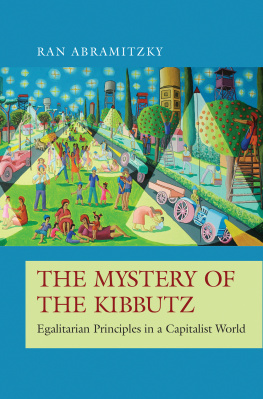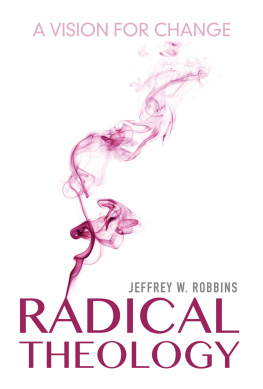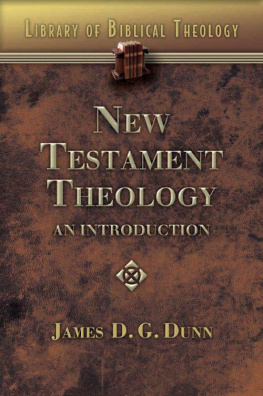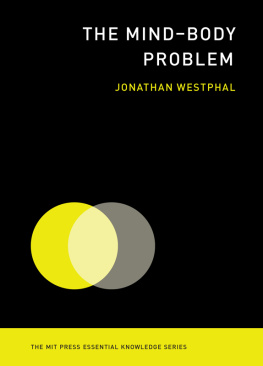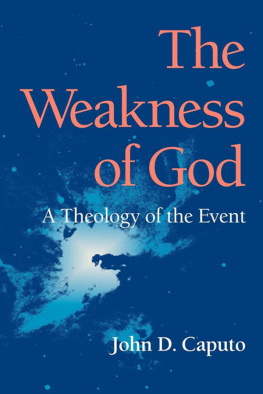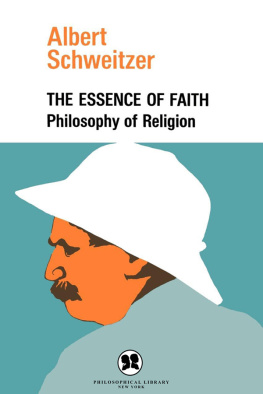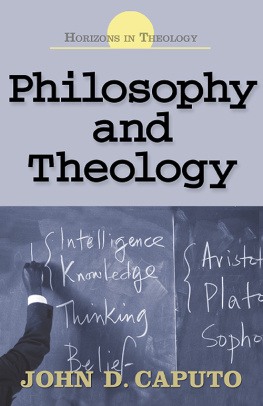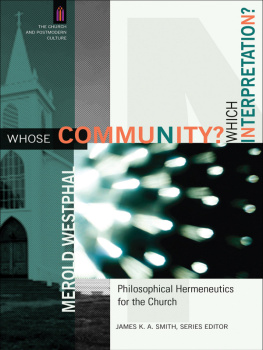

REASONING FROM FAITH
INDIANA SERIES IN THE PHILOSOPHY OF RELIGION
Merold Westphal, editor
REASONING
from
Faith
Fundamental Theology in
Merold Westphals Philosophy of Religion

JUSTIN SANDS
INDIANA UNIVERSITY PRESS
This book is a publication of
Indiana University Press
Office of Scholarly Publishing
Herman B Wells Library 350
1320 East 10th Street
Bloomington, Indiana 47405 USA
iupress.indiana.edu
2018 by Justin Sands
All rights reserved
No part of this book may be reproduced or utilized in any form or by any means, electronic or mechanical, including photocopying and recording, or by any information storage and retrieval system, without permission in writing from the publisher.
The paper used in this publication meets the minimum requirements of the American National Standard for Information SciencesPermanence of Paper for Printed Library Materials, ANSI Z39.48-1992.
Manufactured in the United States of America
Cataloging information is available from the Library of Congress.
ISBN 978-0-253-03193-8 (cloth)
ISBN 978-0-253-03195-2 (ebook)
ISBN 978-0-253-03194-5 (paperback)
1 2 3 4 5 23 22 21 20 19 18
To Terry and Debbie Cave
CONTENTS
ACKNOWLEDGMENTS
Portions of appeared as Radical Eschatology: Westphal, Caputo, and Onto-Theology, in Louvain Studies 38 (2014): 246268 (doi: 10.2143/LS.38.3.3105907). I thank these journals for their permission to include these texts in this monograph.
I thank Lieven Boeve and William Desmond for their help with this project and for guiding my research. I am especially grateful to Joeri Schrijvers for his friendship, critique, and advice. Patrick Eldridge was an essential reader for this project and his fingerprints are all over this text. I am also indebted to KU Leuven and the research group Theology in a Postmodern Context, and to the School for Philosophy at North-West UniversityPotchefstroom. The people at both institutions were instrumental in the creation of this work. I am particularly obliged to Marijn de Jong and Ann Verhoef for their friendship, good humor, and critical eyes.
Importantly, I am indebted to my family and loved ones. I thank my mother and father, Debbie and Terry Cave; my sister, Oshen Wallin; and my grandparents, Margaret and Thomas Butcher. Last, I warmly thank all my friends and colleagues in the United States, Belgium, and South Africa. I am truly blessed with my network of love and support, and I thank you all.
ABBREVIATIONS
IPG | Westphal, Merold, Thomas Ludwig, Robin Klay, and David Myers. Inflation, Poortalk, and the Gospel. Valley Forge: Judson Press, 1981. |
GDD | Westphal, Merold. God, Guilt, and Death. Bloomington: Indiana University Press, 1984. |
KCRS | Westphal, Merold. Kierkegaards Critique of Reason and Society. Macon: Mercer University Press, 1987. |
HFM | Westphal, Merold. Hegel, Freedom, and Modernity. Albany: SUNY Press, 1992. |
BS | Westphal, Merold. Becoming a Self. West Lafayette, IN: Purdue University Press, 1996. |
HT | Westphal, Merold. History and Truth in Hegels Phenomenology. 3rd ed. Bloomington: Indiana University Press, 1998. |
SF | Westphal, Merold. Suspicion and Faith. Grand Rapids, MI: Eerdmans, 1998. |
OCOT | Westphal, Merold. Overcoming Onto-Theology. New York: Fordham University Press, 2001. |
TST | Westphal, Merold. Transcendence and Self-Transcendence. Bloomington: Indiana University Press, 2004. |
LKD | Westphal, Merold. Levinas and Kierkegaard in Dialogue. Bloomington: Indiana University Press, 2008. |
GTPD | Putt, B. Keith, ed. Gazing through a Prism Darkly: Reflections on Merold Westphals Hermeneutical Epistemology. New York: Fordham University Press, 2009. |
WCWI | Westphal, Merold. Whose Community? Which Interpretation? Philosophical Hermeneutics for the Church. Grand Rapids, MI: Baker Academic, 2009. |
KCF | Westphal, Merold. Kierkegaards Concept of Faith. Grand Rapids, MI: Eerdmans, 2014. |

REASONING FROM FAITH

INTRODUCTION
SITUATING WESTPHAL
Merold Westphal stands as one of the preeminent thinkers in North America concerning Continental philosophy of religion. Moreover, together with John Caputo and Richard Kearney, Westphal can be thought of as one of the main philosophers who popularized postmodern thought on religion in North America. The present work reviews Westphals contributions to philosophy, what possible offerings those may have for theology, and how his work might best be understood within these discourses.
Although Westphal often fashions himself as a Christian philosopherand hence it may seem simple to situate him between philosophy and theologythis is not so easily the case. What I will show is that his Christian philosophy, while being thoroughly Christian and heavily founded in philosophical thinking, is better understood as a theology proper. This is because Westphals thought functions less as a philosophical reflection on the Christian faith and more as an active engagement of philosophy that begins from within the Christian faith. At first, this may sound as if I am splitting hairs concerning what a philosophy (or theology, for that matter) can and cannot do, yet this distinction is essential for best understanding the faith that Westphal wishes to pronounce and the ways in which that faith is enacted. Westphal, these chapters will show, does not seek a rational or apologetical justification of faith. Rather, he begins from a faith solely initiated by an acceptance of Gods revelation, which thereby resists any rational foundation. From this anti-apologetical faith, Westphal then proceeds to rationally develop its implications. Faith is always the first act of the believing soul, Westphal argues; it begins as unreasonable, and reason only aids in ones understanding of faith. Finally, Westphal finds that this understanding, as commanded by Gods revelation, is always oriented as a loving task toward the concern of those at the margins of society.
I argue that it may be better to understand his Christian philosophy as theology because Westphal rejects an apologetical defense of faith and that his understanding of faith is an active response to revelation with the above command for praxis. Furthermore, by aligning it with theology, one situates Westphals work in a discourse that can better appropriate, adapt, and further his thought. This is especially so since Westphal is often confessional in his work, which is reflected in his thoughts on the praxis of faith. In this regard, he often addresses Christian believers by correcting and directing this praxis in the process of faith seeking understanding.
Next page
